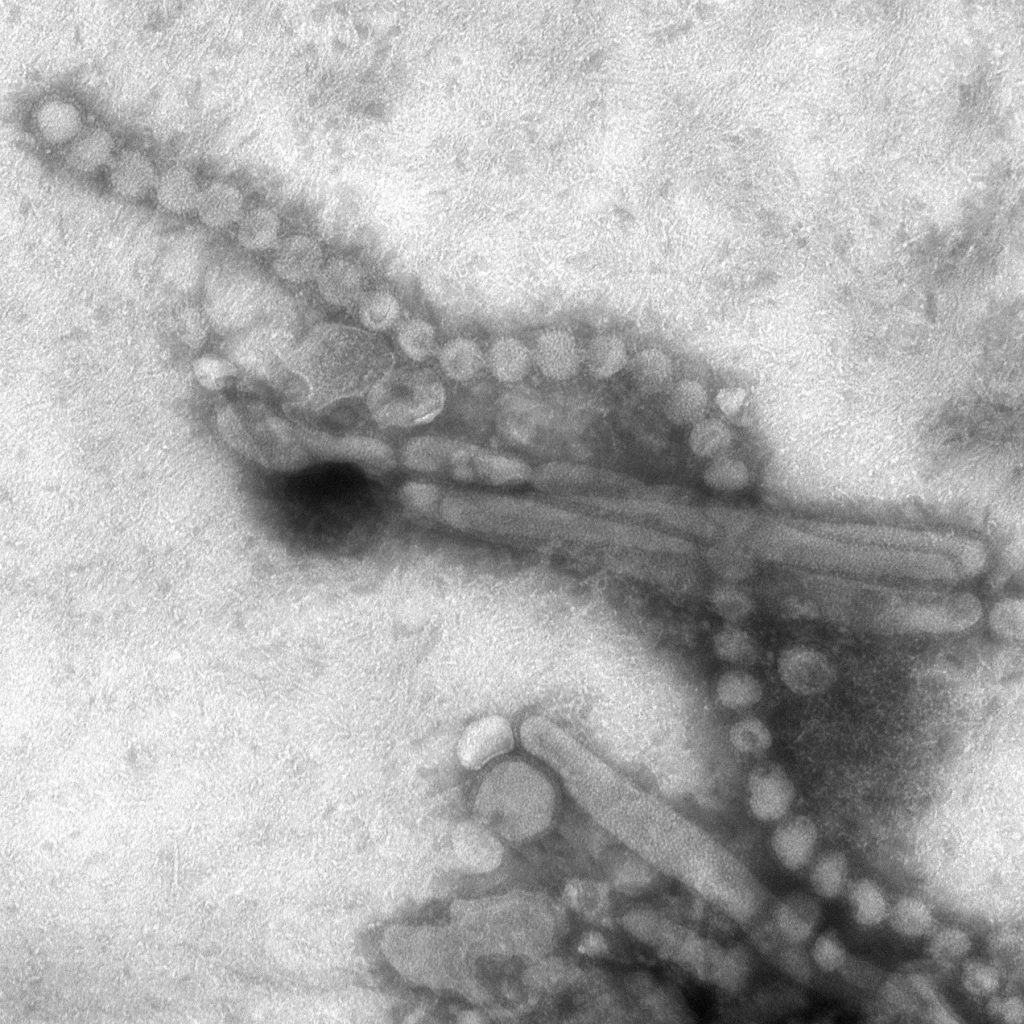
USDA confirms highly pathogenic H7 in Tennessee
By USDA-APHIS
Features Breeders Health H7N9 Center for Disease Control
H7N9 Center for Disease ControlMarch 6, 2017, Washington, DC – The United States Department of Agriculture’s (USDA) Animal and Plant Health Inspection Service (APHIS) has confirmed the presence of highly pathogenic H7 avian influenza (HPAI) of North American wild bird lineage in a commercial chicken breeder flock in Lincoln County, Tenn.
This is the first confirmed case of HPAI in commercial poultry in the U.S. this year. The flock of 73,500 is located within the Mississippi flyway. Samples from the affected flock, which experienced increased mortality, were tested at Tennessee’s Kord Animal Health Diagnostic Laboratory and confirmed at the APHIS National Veterinary Services Laboratories (NVSL) in Ames, Iowa. Virus isolation is ongoing, and NVSL expects to characterize the neuraminidase protein, or “N-type”, of the virus within 48 hours.
APHIS is working closely with the Tennessee Department of Agriculture on a joint incident response. State officials quarantined the affected premises and birds on the property will be depopulated to prevent the spread of the disease. Birds from the flock will not enter the food system.
The Tennessee Department of Agriculture is working directly with poultry workers at the affected facility to ensure that they are taking the proper precautions to prevent illness and contain disease spread.
As part of existing avian influenza response plans, federal and state partners are working jointly on additional surveillance and testing in the nearby area. The U.S. has a strong AI surveillance program and USDA is working with its partners to actively look for the disease in commercial poultry operations, live bird markets, and in migratory wild bird populations.
The USDA will be informing the World Organisation for Animal Health (OIE) as well as international trading partners of this finding. The USDA also continues to communicate with trading partners to encourage adherence to OIE standards and minimize trade impacts. OIE trade guidelines call on countries to base trade restrictions on sound science and, whenever possible, limit restrictions to those animals and animal products within a defined region that pose a risk of spreading disease of concern.
Additional information on biosecurity for can be found at www.aphis.usda.gov/animalhealth/defendtheflock .
Print this page